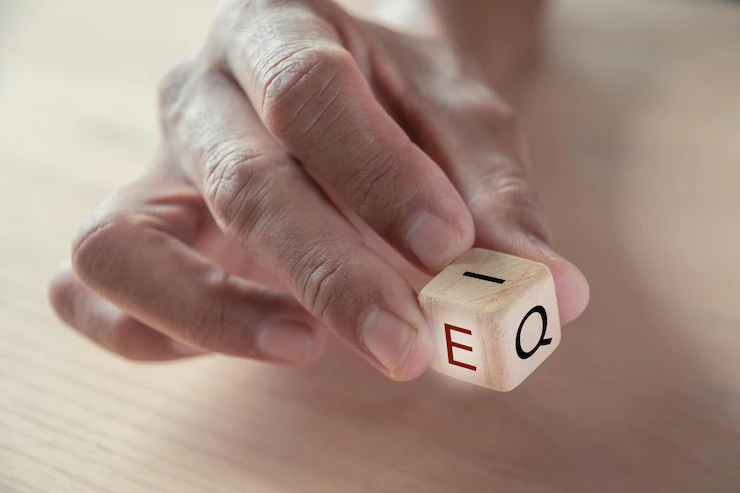It is essential to take care of yourself physically, mentally, and emotionally for your overall health and well-being. Engaging in activities that nourish and support your mind and body is part of self-care. It can improve your capacity to deal with stress and challenges and help you feel your best. Take care of your physical, mental, and emotional well-being with these tips.
Strategies for Physical Self-Care
Taking care of your physical body through activities like exercise, getting enough sleep, and eating a healthy diet is part of physical self-care. Taking breaks from screens and participating in activities that nourish and support your physical health is also part of it. Activities for physical self-care include:
- Engaging in regular physical activity, such as going for a run or taking a yoga class
- Getting 7-9 hours of sleep per night
- Eating a balanced diet that includes a variety of nutrients
- Taking breaks from screens and engaging in screen-free activities
- Take care of your physical appearance, such as showering, brushing your teeth, and grooming
- Seeking medical care when needed and following treatment plans
- Getting outside and spending time in nature
- Engaging in activities that are good for your physical health, such as stretching or lifting weights
Strategies for Mental Self-Care
Taking care of your mental health and well-being through activities that nourish and support your mind is mental self-care. It involves engaging in activities that bring you joy and fulfillment, seeking professional assistance when necessary, and establishing healthy strategies for stress management. Activities for mental self-care include:
- Engaging in activities that help you relax and manage stress, such as exercise, meditation, or talking to a friend
- Engaging in hobbies or activities that bring you joy and fulfillment
- Seeking professional help if you are struggling with your mental health
- Setting healthy boundaries and saying no to tasks or activities that are overwhelming or not in your best interest
- Seeking out social support and connecting with others
- Engaging in activities that challenge your mind, such as learning a new skill or reading a book
- Practicing gratitude and focusing on the positive aspects of your life
- Practicing good self-care habits, such as getting enough sleep, eating a healthy diet, and taking breaks from screens
- Setting and working towards goals that are important to you
- Finding healthy ways to cope with negative emotions, such as through journaling or talking to a trusted friend
- Taking breaks from social media and limiting your time on social media platforms
- Seeking out activities that challenge you mentally, such as puzzles or brain games
- Engaging in activities that promote creativity, such as drawing, painting, or writing
- Seeking out new experiences and trying new things to keep your mind active and engaged
Strategies for Emotional Self-Care
Emotional self-care involves taking care of your emotional well-being and managing your emotions in a healthy way. It involves practicing self-compassion, seeking support from others, and finding healthy ways to cope with difficult emotions. Examples of emotional self-care activities include:
- Engaging in activities that nourish your body and mind, such as taking a hot bath, reading a book, or going for a walk
- Seeking support from friends, family, or a mental health professional when needed
- Finding ways to relax and recharge, such as through hobbies or spending time in nature
- Practicing self-compassion and being kind and understanding toward yourself
- Recognizing and accepting difficult emotions, rather than trying to suppress or ignore them
- Finding healthy ways to cope with negative emotions, such as through journaling, talking to a trusted friend, or practicing relaxation techniques
- Seeking out activities that bring you joy and bring positivity into your life
- Setting and respecting healthy boundaries to protect your emotional well-being
- Seeking out activities that promote emotional well-being, such as therapy or mindfulness practices
Conclusion
In conclusion, physical, mental, and emotional self-care are all important for maintaining overall health and well-being. Physical self-care involves taking care of your physical body through activities such as exercise, getting enough sleep, and eating a healthy diet. Mental self-care involves taking care of your mental health and well-being through activities that nourish and support your mind. Emotional self-care involves taking care of your emotional well-being and managing your emotions in a healthy way. Engaging in a variety of self-care activities can help you feel your best and improve your ability to handle stress and challenges. It is important to prioritize self-care and make it a regular part of your routine.





